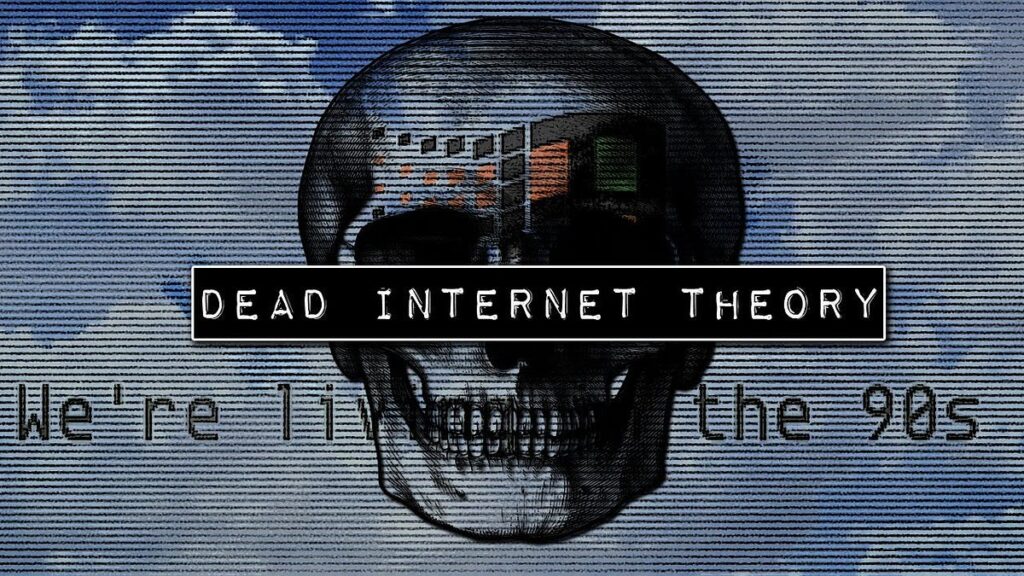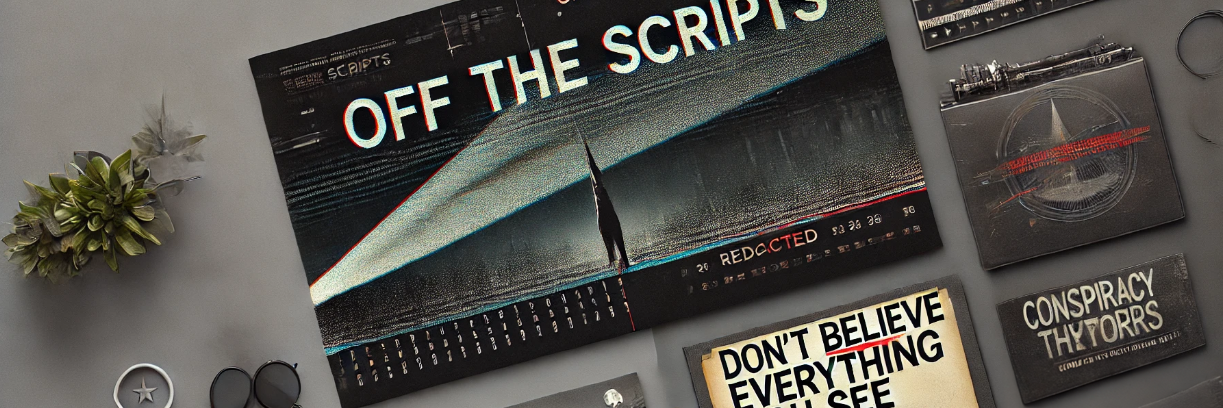
Since around 2021, a theory known as the Dead Internet Theory has gained traction online. It began on niche forums, possibly named by a user called “IlluminatiPirate”, and later reached wider attention through publications like The Atlantic and The Guardian.
What the Theory Says
According to the theory, since about 2016 or 2017, much of the internet has stopped being genuinely human. Instead, it claims large portions of posts, comments, and even entire social media accounts are driven by:
• bots and scripted accounts that mimic real people
• AI-generated content, from automated images to entire fake social media influencers
• algorithmic curation designed to reinforce engagement rather than authentic conversation
Proponents point to studies showing that roughly half of internet traffic comes from bots, as reported by cybersecurity firms. They also highlight peculiar trends, like repetitive phrases on Twitter or viral AI-generated memes, as evidence that real humans aren’t shaping the web like they used to.

Why People Think It Might Be True
When so much traffic feels automated, and algorithms control what we see, it’s understandable to feel the internet has become less vibrant. The rise of AI-generated content, deepfakes, and social media “influencers” powered by bots makes it easy to feel disconnected from genuine online interactions.

Why the Theory Doesn’t Actually Hold Up
The idea that the internet is “dead” paints a dramatic picture, but it doesn’t reflect the full reality.
First, bot traffic is significant, but not dominant. While around half of web traffic is from bots, that includes harmless activities like Google indexing or uptime checks. That still leaves more than half of the traffic coming from real people.
Second, humans still generate the majority of content. Social networks, forums, blogs, and community spaces remain full of genuine human activity. Real users create original posts, comments, and multimedia content every day, not just automated scripts. These interactions tend to be unpredictable, emotional, and context-driven—signals of real humans at work.
Third, the theory relies on speculation, not proof. Despite its popularity online, no journalist, tech expert, or whistleblower has produced credible evidence of a coordinated takeover of human content. Fact-checking sites describe the theory as unverified and largely speculative.
Experts have called it a paranoid fantasy. One article in The Atlantic referred to it as paranoia, even if concerns about bots and AI are valid. Critics argue it reduces a complex reality to a sensational headline.
And finally, niche online communities still thrive. Subreddits, Discord servers, blogs, and independent platforms are still powered by real conversations and ideas. These spaces reflect the kind of nuance and variety that’s difficult to fake.
Sources:
New York magazine: https://nymag.com/intelligencer/2018/12/how-much-of-the-internet-is-fake.html
The New Atlantis: https://www.thenewatlantis.com/publications/the-dead-internet-to-come
Imperva – 2023 Bad Bot Report: www.imperva.com/resources/resource-library/reports/bad-bot-report
The Atlantic – “Maybe You Missed It, But the Internet ‘Died’ Five Years Ago”
Snopes – “Did the Internet ‘Die’ in 2016 and Get Replaced With Fake Content?”
The Guardian – “Is the Internet Over? The Theory That Everything Online Is Fake”
MIT Technology Review – “How Will We Know What Online Is Real Anymore?”
